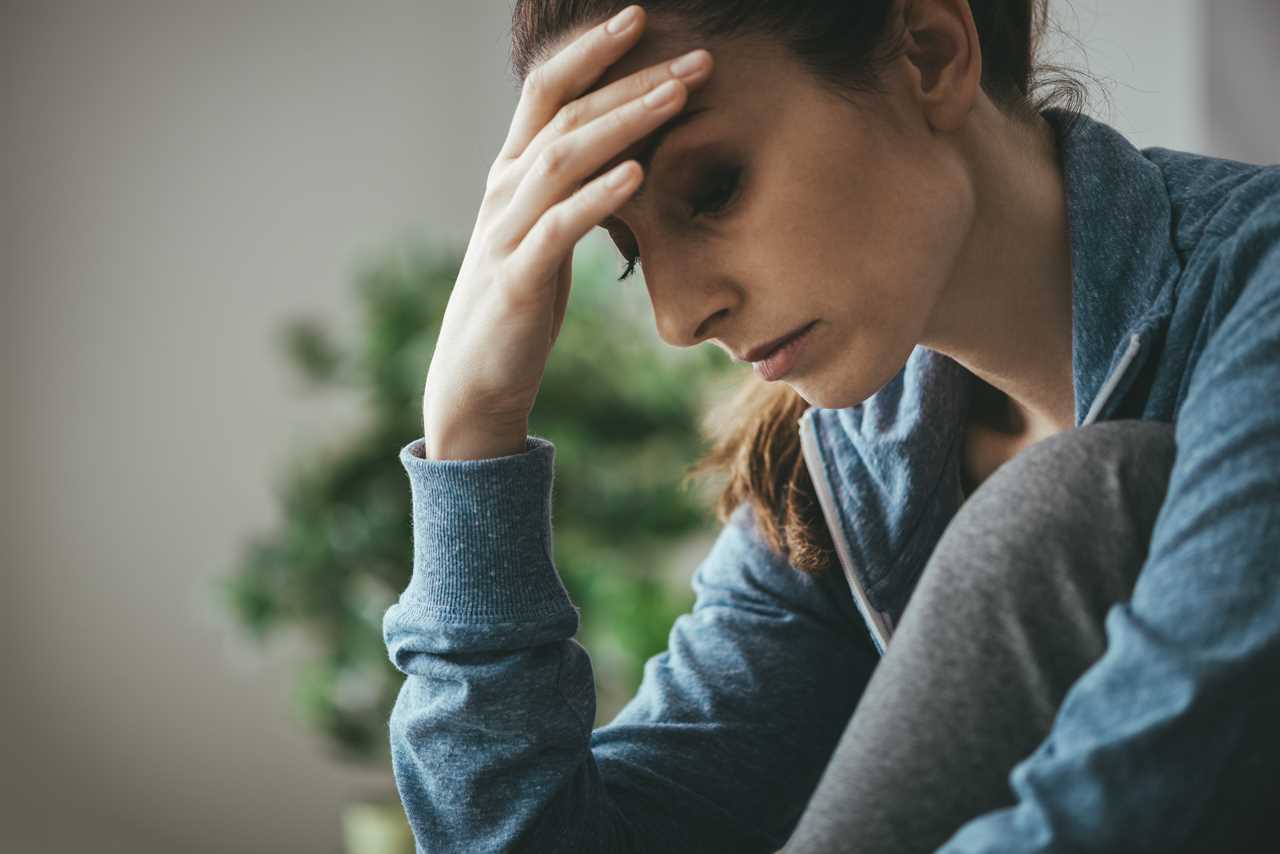One in seven people who have coronavirus infection have “long Covid”, research suggests.
The debilitating set of symptoms don’t just affect those who are old or have been severely ill.

Read our coronavirus live blog for the latest updates

Young and once fit and healthy people are also struck with persistent symptoms or health problems that force them to take time off work.
US researchers looked at almost 267,000 adults who had Covid between January and October 2020.
They recorded if any had been diagnosed with one of 50 conditions six months after testing positive.
These included chronic respiratory failure, heart rhythm problems, diabetes, anxiety, fatigue and memory loss.
Some 14 per cent had at least one new condition that required medical attention after coronavirus illness, according to the study in the British Medical Journal.
The figures match those from the Office for National Statistics (ONS) – that almost one in seven people in the UK who test positive for Covid are still suffering symptoms three months later.
People develop new conditions all the time, and so the researchers compared the Covid survivors to the general population and who had another respiratory condition, like a cold.
Those who had had Covid were found to be more at risk of ongoing health issues than people in the other groups.
For comparison, nine per cent of people in a group of people who never had Covid in 2020 were diagnosed with a new condition in the six month study period (five per cent lower).
And around 12.5 per cent of people who had suffered another respiratory illness were diagnosed.
Long Covid appeared to affect people of all walks of life.
The most at risk were older people, those with already underlying ill health, and who had been to hospital for Covid.
But younger (under 50) and healthy individuals were also at “increased risk” of a new condition compared with other people their age who never had Covid.






